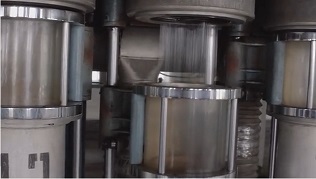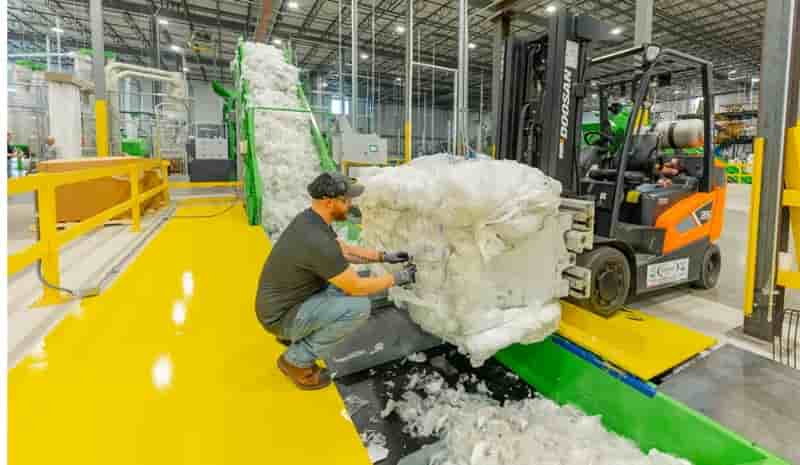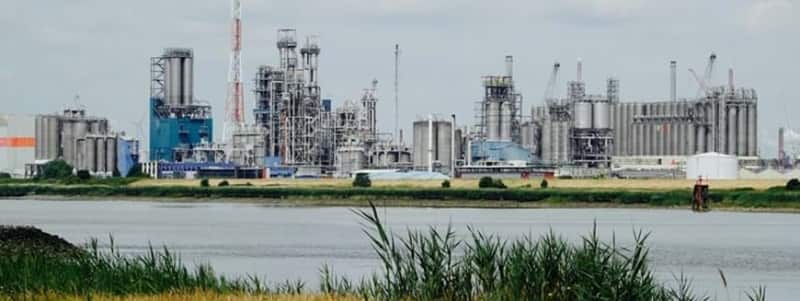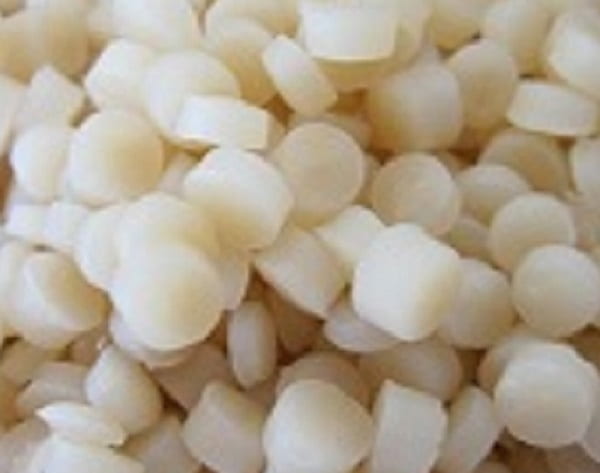Recycled materials -Chemically Recyclable LDPE Puts Widely Used Plastic on Path to Sustainability 26-02-2024
recycled materials
Thermoplastic – Most affordable PHA originating from the United States
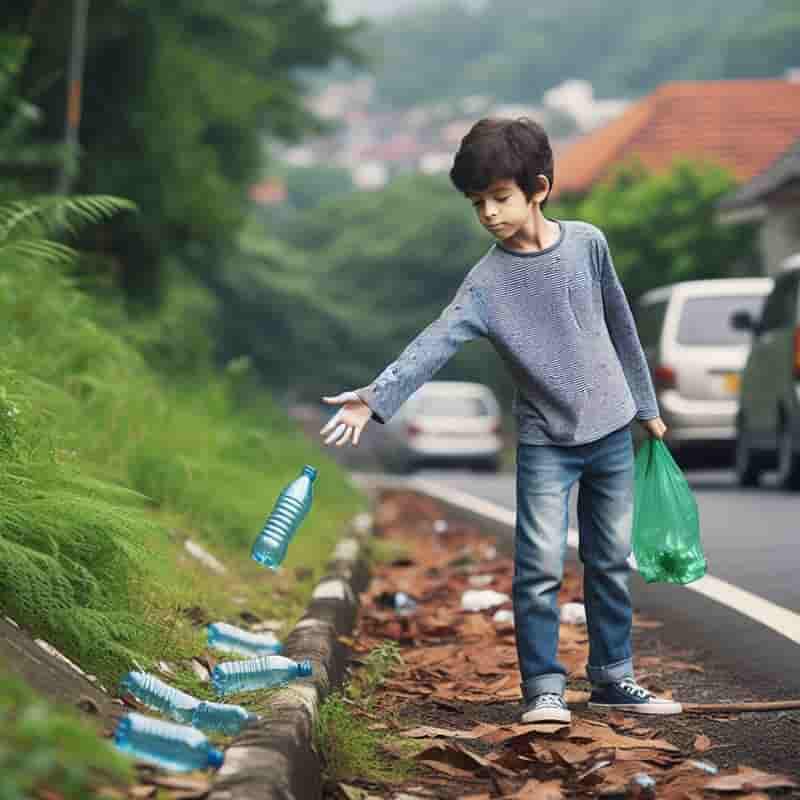
Crude Oil Prices Trend
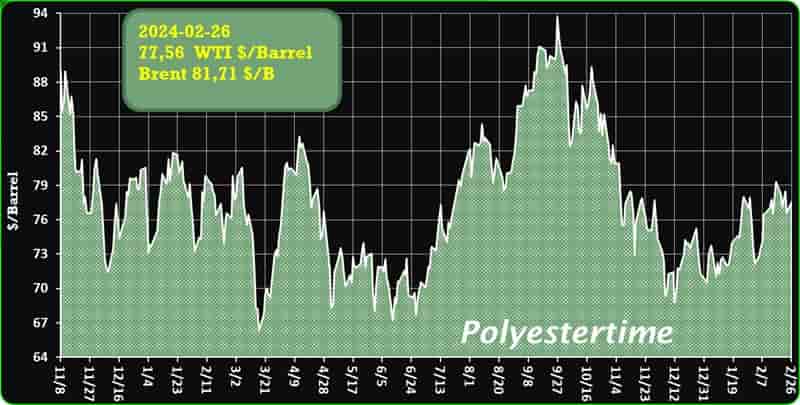
Crude Oil Prices Trend by Polyestertime
Car parts made from more than 70% recycled materials are used in this TPE
Introducing Kraiburg TPE’s latest innovation: the Recycling Content TPE for Automotive series, boasting a remarkable recycled content of over 70%, specifically tailored for the automotive industry
Pioneered by the German compounder, Kraiburg TPE, this line of thermoplastic elastomers is engineered to meet the rigorous technical demands of automotive applications while embodying sustainability with a recycled content of at least 73%.
One of the early adopters of these groundbreaking materials is Tessi Supply, slated to utilize TPE-based compounds with recycled content to manufacture plush mats and inserts for vehicle interiors. recycled materials
Anticipating the escalating demand for recycled materials within automobiles, driven by increasingly stringent environmental regulations, such as the proposed EU mandate on end-of-life vehicle recyclability, which aims for an average recycled percentage of 25% per vehicle by 2030, including 6.25% from closed-loop systems.
Starting this year, the Recycling Content TPE for Automotive series will supplant the existing Interior PIR TPE compounds across the EMEA region. The lineup encompasses a range of hardness levels (20–95 Shore A), all boasting a minimum recycled content of 73% and a 25% reduction in CO2 footprint compared to virgin materials.
Highlighted features by the manufacturer include a luxurious soft-touch surface and minimal emissions and odors, making it an ideal choice for automotive interior applications. recycled materials

Covestro turns to nature to divert aniline production away from fossil feedstocks
A PROCESS that uses genetically modified microorganisms to make a chemical used in insulating foam has started operating in Germany, opening the door to fossil-free production.
The plastics company Covestro has begun operating the bio-based aniline pilot plant at its manufacturing site in Leverkusen. The fermentation process involves feeding sugars extracted from plants to microorganisms which convert them into an intermediate chemical. This is then converted to aniline by chemical catalysis. recycled materials
Aniline is used as an intermediate chemical in the manufacture of a wide variety of chemical products including dyes, agricultural chemicals, and the polyurethane foams that help insulate houses and refrigerators. Around six million tonnes of aniline is manufactured each year, with Covestro responsible for around one-sixth of global production.
Covestro’s conventional production route relies on petrochemical feedstocks. This involves reacting benzene with nitric acid to produce nitrobenzene, which is then reacted with hydrogen to produce aniline. The new bio-based route uses milder reaction conditions and reduces the use of these highly hazardous chemicals. recycled materials

Chemically Recyclable LDPE Puts Widely Used Plastic on Path to Sustainability
German researchers replicate chemical structure of low-density polyethylene (LDPE) with built-in “recycling points.”
At a Glance
Polymer can be chemically broken into smaller fragments, which can be reused
So-called LDPE-mimic structurally resembles commercial LDPE, commonly used in cling film and trash liners
New material matches tensile elongation behavior and crystallization temperature of conventional LDPE
German researchers have replicated the chemical structure of low-density polyethylene (LDPE), a development that holds great promise for sustainable alternatives to one of the most widely used plastics. recycled materials
A team at the University of Bayreuth led by Dr. Rhett Kempe of the Sustainable Chemistry Centre has introduced a new chemically recyclable, highly branched polyolefin material with built-in “recycling points.” That means the polymer can be chemically broken into smaller fragments soluble in organic solvents at moderate temperatures, he said. Recombining those fragments allows them to be reused.
The new material is known as LDPE-mimic and structurally closely resembles commercial LDPE, commonly used in cling film and trash liners.
Fragments of the shredded alternative plastic (top left) compared with commercial polyolefins (bottom left). The solubility of the fragments at 75°C in organic solvents (top right), compared with other polymers (bottom right), provides a potential approach for separating plastic mixtures. Image courtesy of University of Bayreuth.
Regular LDPE is produced under extreme conditions — 250°C and 2,500 to 4,000 bar of pressure. That process is essentially to create LDPE’s highly branched, complex chemical structure. recycled materials

ProAmpac, a leading US-based flexible packaging and material science company, has unveiled its latest innovation, ProActive Intelligence Moisture Protect (MP-1000), a cutting-edge moisture-absorbing technology developed in collaboration with Aptar’s CSP Technologies. This patent-pending solution eliminates the need for desiccant packets and offers superior moisture control, particularly suitable for sensitive products like diagnostic kits, live culture probiotics, and hygroscopic powdery food items.
Hesam Tabatabaei, ProAmpac’s Senior Vice President of Global Product Development and Innovation, expressed excitement about the launch, emphasizing the product’s revolutionary capabilities in moisture protection. recycled materials
Meanwhile, Badre Hammond, Vice President Global Commercial Operations and GM APAC for Aptar CSP Technologies, highlighted the collaboration’s goal to redefine active packaging delivery, providing a flexible, integrated solution powered by CSP’s proven Activ-Polymer technology.
The MP-1000 platforms offer numerous benefits, including the removal of sachets, reduced downtime, improved product quality, and extended shelf life. Moreover, it safeguards contents from moisture exposure while maintaining excellent seal characteristics and compatibility with existing packaging equipment.
Looking ahead, the packaging industry in regions like India, South Asia, Southeast Asia, and the Middle East is poised for significant growth, driven by expanding capacities and increasing demand. recycled materials
With India’s real GDP projected to exceed 6% and packaging industry growth expected to outpace GDP growth, there are ample opportunities for sustainable packaging solutions and comprehensive coverage across the entire supply chain.
As the region gears up for growth, now is the opportune time for brand owners, product managers, and stakeholders across the packaging ecosystem to engage with targeted marketing communication strategies tailored to this dynamic market.
By fostering collaboration and innovation, stakeholders can capitalize on the region’s positive economic outlook and drive meaningful progress in responsible packaging practices. recycled materials
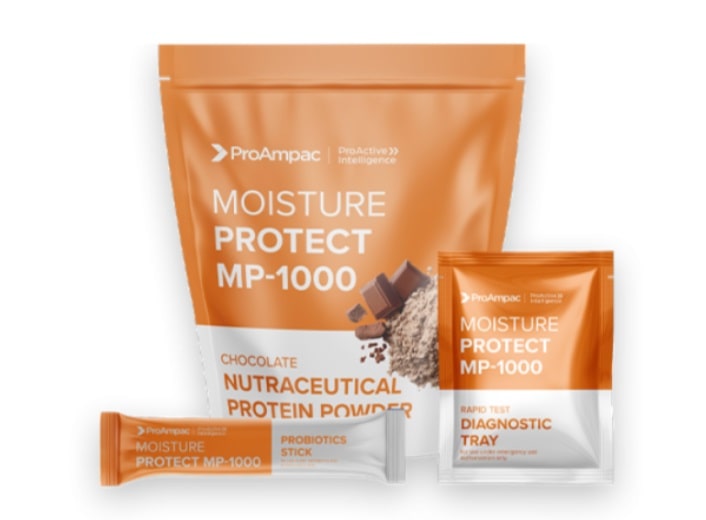
H&M Group testing ‘disruptive’ tech to reduce eco impact of dyeing process
Swedish fashion conglomerate H&M Group is testing a new “waterless” dyeing alternative by Indian start-up Deven Supercriticals at its partner factory Arvind Ltd to reduce energy, water and chemical use during the dyeing process.
M Group announced plans to conduct trials of the new Suprauno dyeing technology at Arvind Ltd which uses supercritical CO2 instead of traditional water and other chemicals for dyeing fabrics.
H&M Group explained that most of the industry’s greenhouse gas emissions occur during fibre production, material processing and fabric dyeing.
It emphasised its support for Suprauno, citing its promising results in reducing energy, water, and chemical usage. recycled materials
Omang Narang, country manager H&M Group production in India, believes that supporting and investing in new technologies like this plays a key part in finding scalable solutions.
He added these efforts are aimed at assisting H&M Group in achieving its goals of reducing greenhouse gas emissions by 56%, and freshwater extraction and consumption by 30% within its supply chain by 2030.
Arvind Ltd vice-chairman and executive director Punit Lalbhai said: “The collaboration between Arvind Ltd., H&M Group, and Deven Supercriticals marks a pioneering initiative in sustainable textile production. By introducing Suprauno, an innovative technology leveraging Supercritical CO2 for fabric dyeing, this partnership signifies a bold commitment to reducing energy, water and chemical footprint of textiles. By joining forces with brands and innovators, we exemplify the collective effort needed to tackle the climate crisis. Together, we weave a future where fashion and sustainability coexist seamlessly, setting a new standard for the industry.” recycled materials
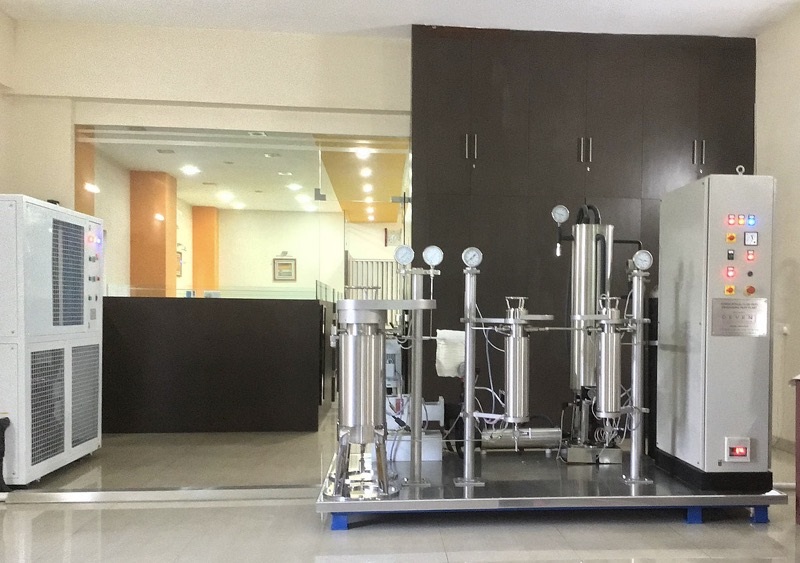
Data implies LCAs could underestimate CO2 emissions from fossil-based plastics
New data sets have led the Renewable Carbon Initiative to suggest that products derived from crude oil and natural gas have much higher carbon footprints than previously thought, with those for commodity plastics rising by around 30% and fossil naphtha’s footprint almost doubling.
Founded in September 2020, the Initiative consists of over 60 companies from across the chemical value chain. Its purpose is to support and drive the transition away from fossil carbon and into renewable carbon sourced from biomass, direct CO2 utilization, or recycling for all organic chemicals and materials. recycled materials
In its view, life cycle assessments do not currently examine the potential environmental impacts of crude oil to the same extent as products made from biomass, Carbon Capture and Utilization (CCU), or recycling. More specifically, LCAs for fossil materials are thought to rely on standard values that do not acknowledge such factors as regional differences or, in certain contexts, a lack of granularity or transparency.
The Swiss ecoinvent database – upon which many LCAs conducted in Europe are based – has received two new updates to include new data on the supply of crude oil and natural gas, like unintended methane emissions from extraction and processing.
Basing its revisions on the global supply situation in 2019, version 3.9 expands on production, long-distance transport, and regional distribution in the natural gas and crude petroleum oil supply chains. recycled materials
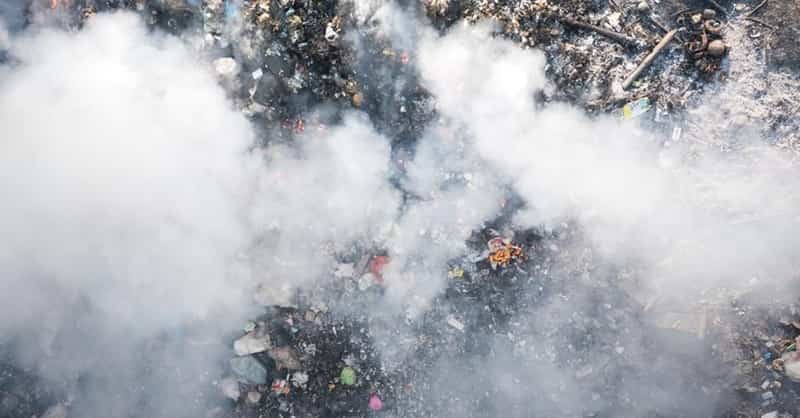
recycled materials

